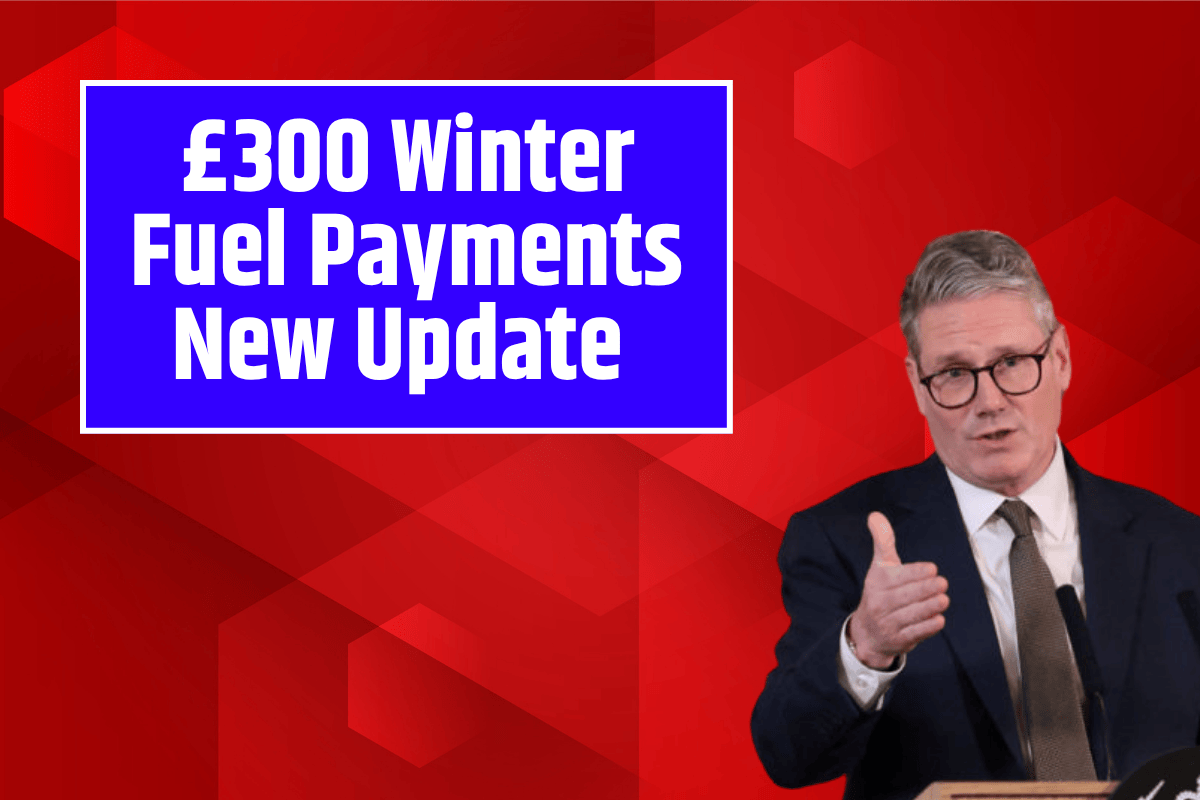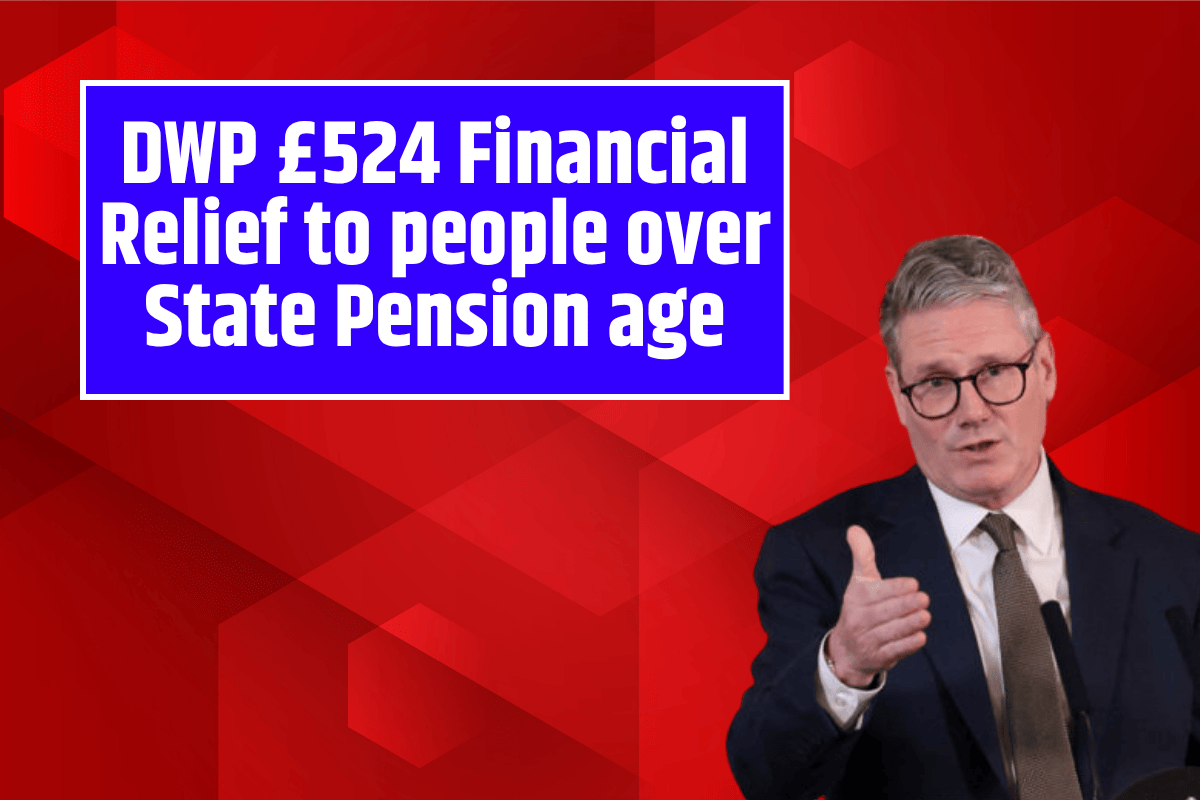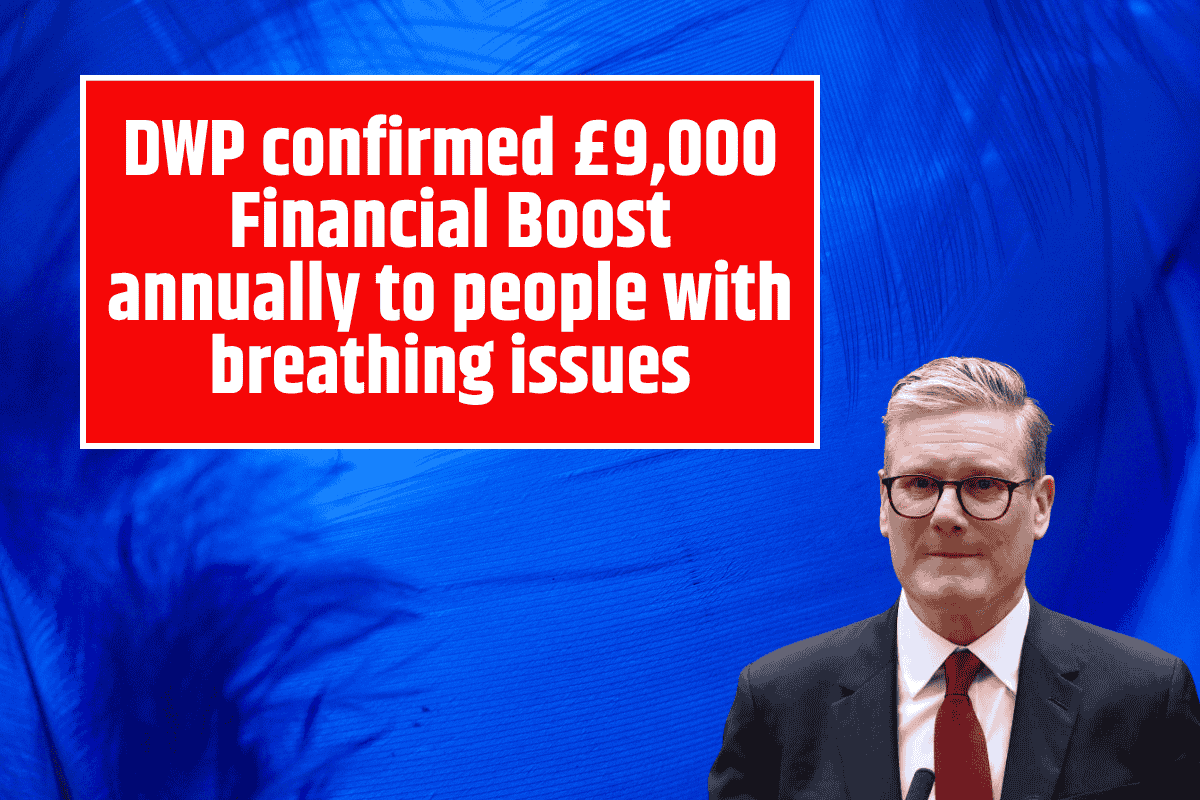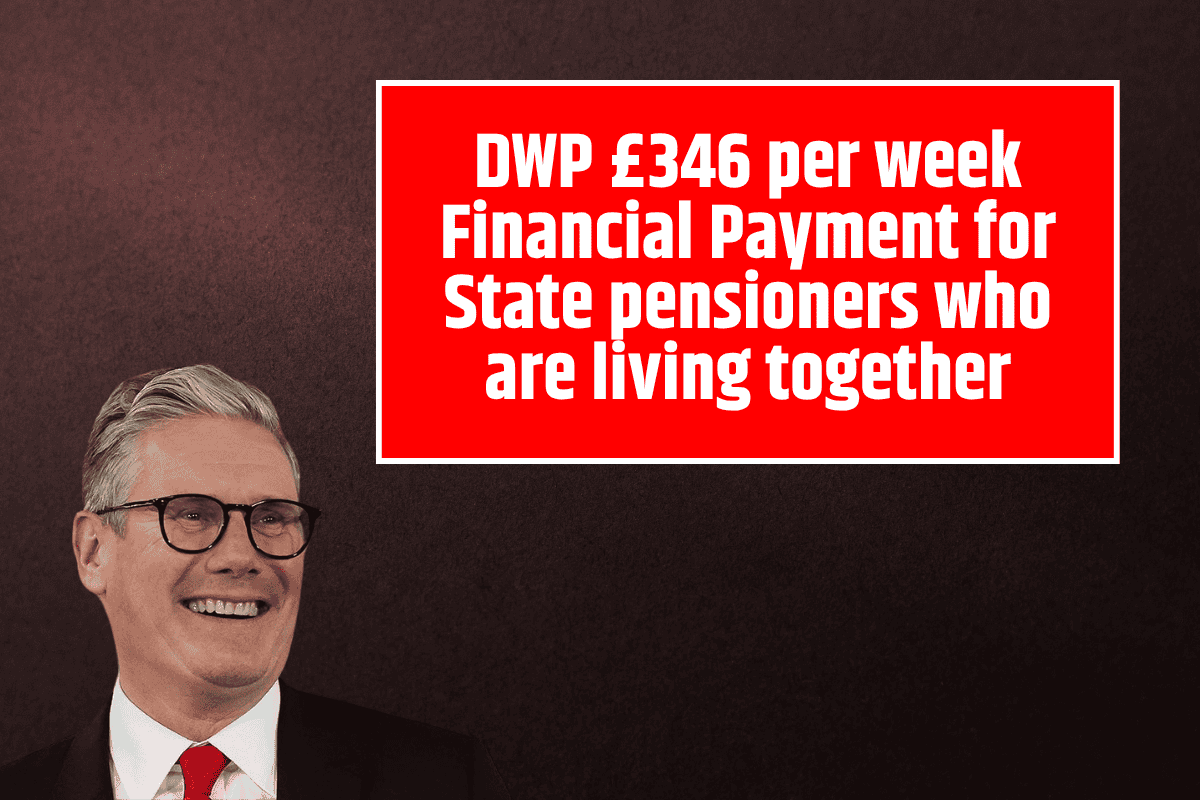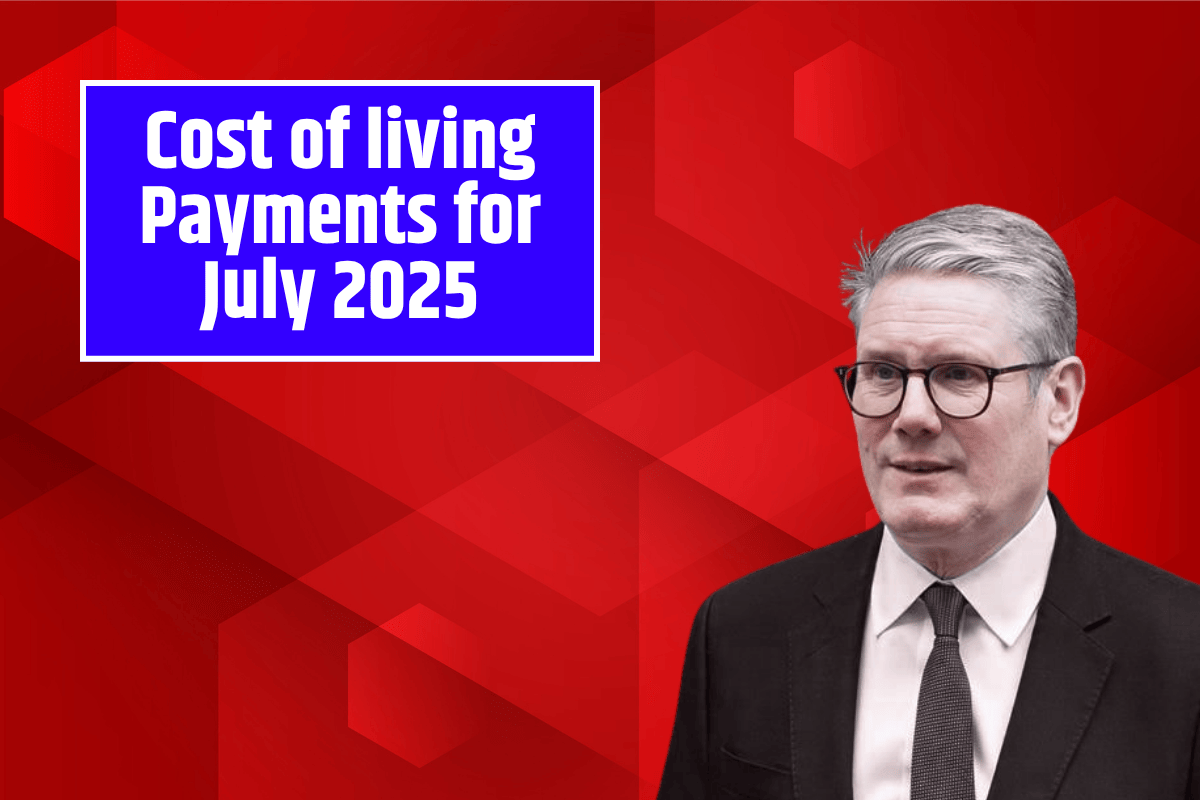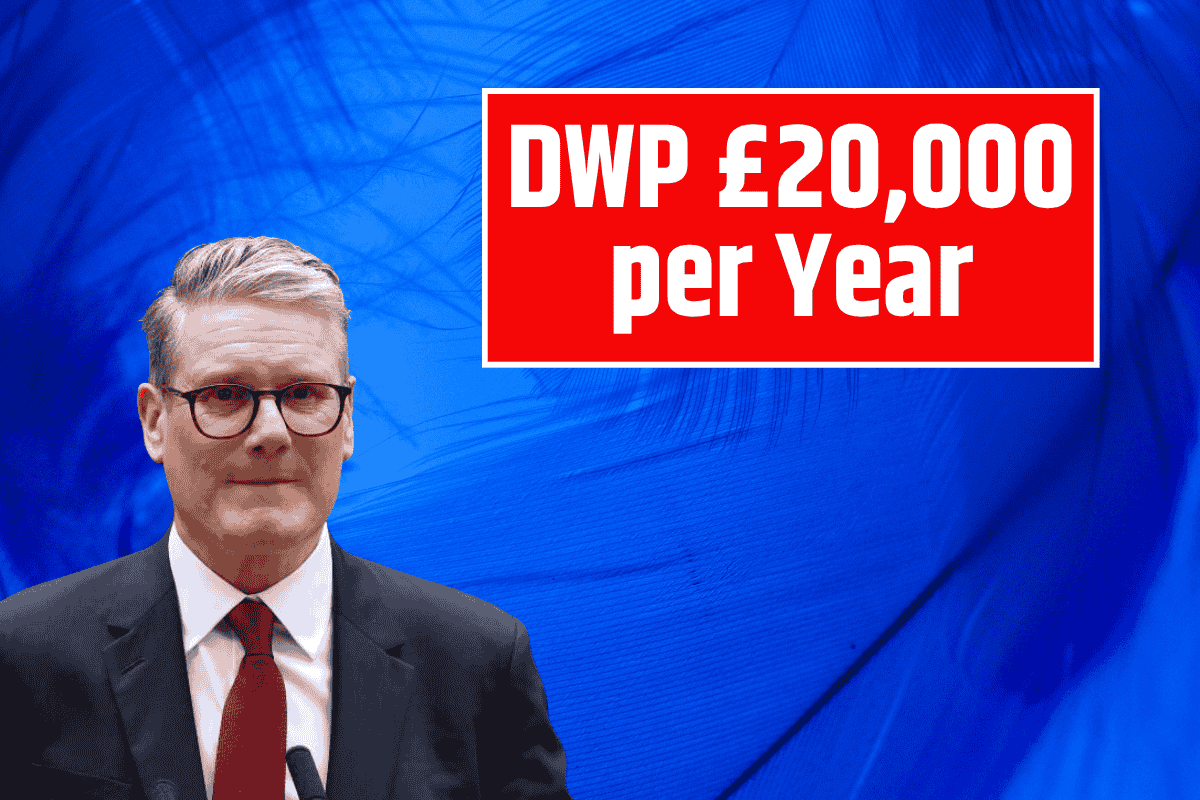Labour has recently shared an update on the Government’s plans to adjust the Winter Fuel Payment (WFP) scheme, a vital support for pensioners during the colder months.
The announcement comes after a proposal to increase the payment and include more people, addressing concerns about pensioners being excluded.
This scheme has been crucial for many elderly people, helping them manage their energy bills in the winter. Here’s an overview of the new changes and what they mean for those eligible.
New Guidelines for Winter Fuel Payment
Under the latest changes, all individuals of state pension age will be eligible for the Winter Fuel Payment. Last winter, the payment was either £200 or £300, depending on the household situation.
This year, the Government plans to extend eligibility, meaning millions of pensioners could benefit. The support will automatically be given to those who meet the criteria.
However, there’s a catch. Those who earn over £35,000 a year will need to pay back the amount they received. The rule changes are intended to ensure that those with higher incomes don’t receive financial assistance that they might not need.
This is a shift from the previous year, where only those on means-tested benefits, such as Pension Credit, were eligible for the payment.
Eligibility Expanded to More People
In past winters, the Winter Fuel Payment was available to a limited number of pensioners, mainly those on benefits. However, the new rules have expanded the eligibility to include more people.
According to Government statistics, about 1.5 million people received the payment last year. This figure could rise to around 9 million people this winter, thanks to the changes in eligibility.
The new rules aim to ensure that more pensioners will get the financial help they need during the colder months.
Households where someone is of state pension age will receive a £200 payment, while households with someone aged 80 or over will get £300. The payment will be made automatically unless individuals opt out.
Impact on Savings and Interest Income
While the revised rules are expected to benefit many more people, there’s still a significant issue surrounding savings. Interest earned on savings can impact a person’s eligibility, even if they don’t pay tax on the interest.
For instance, pensioners with modest savings could unknowingly cross the £35,000 threshold and find themselves having to repay the payment.
Jeremy Cox, head of Strategy at Coventry Building Society, highlighted that many pensioners may not realize that savings interest counts towards their taxable income.
Even a savings account with £20,000 earning 4.5% interest could generate £900 in income, which may push someone above the threshold.
This means that some pensioners with savings might miss out on the support they need, not because of their earnings, but because of the interest from their savings.
Potential for Additional Payments
The question has arisen about whether those who missed out on the payment last year should receive additional compensation. Conservative MP Andrew Snowden raised the idea of making an additional payment to those who were excluded in the past but now qualify.
This could help ensure that pensioners who missed out on financial support get the help they need this winter. However, the Government has yet to address this request, leaving many wondering if such an initiative will take place.
The Government’s Winter Fuel Payment scheme has been adjusted to support more pensioners this winter, with new eligibility criteria. Households with someone aged 65 or older can expect to receive either £200 or £300, depending on the age of the individual.
However, those with an income above £35,000 will need to repay the amount they receive. While many will benefit from these changes, some pensioners with savings may be affected by the interest on their savings, potentially pushing them over the income threshold.
It remains to be seen whether additional payments will be made to compensate those who missed out last year.
FAQs
Who is eligible for the Winter Fuel Payment in 2025?
From this winter, anyone of state pension age is eligible for the Winter Fuel Payment. Households with someone aged 65 or older will receive £200, while those with someone aged 80 or over will receive £300. However, people with an income above £35,000 will need to repay the amount they receive.
How will I know if I qualify for the Winter Fuel Payment?
The Winter Fuel Payment will be automatically paid to eligible individuals who meet the criteria. If you’re of state pension age and meet the income requirements, you don’t need to apply – the payment will be made automatically unless you opt out.
What happens if I have savings?
If you have savings, the interest you earn may count towards your taxable income. Even if you don’t pay tax on the interest, it could push your income above the £35,000 threshold, meaning you might have to repay the Winter Fuel Payment.
Can I receive additional payments if I missed out last year?
Currently, the Government has not confirmed whether those who missed out on the Winter Fuel Payment last year will receive additional compensation. The Labour MP Andrew Snowden raised the idea, but the Government has yet to respond to this proposal.
